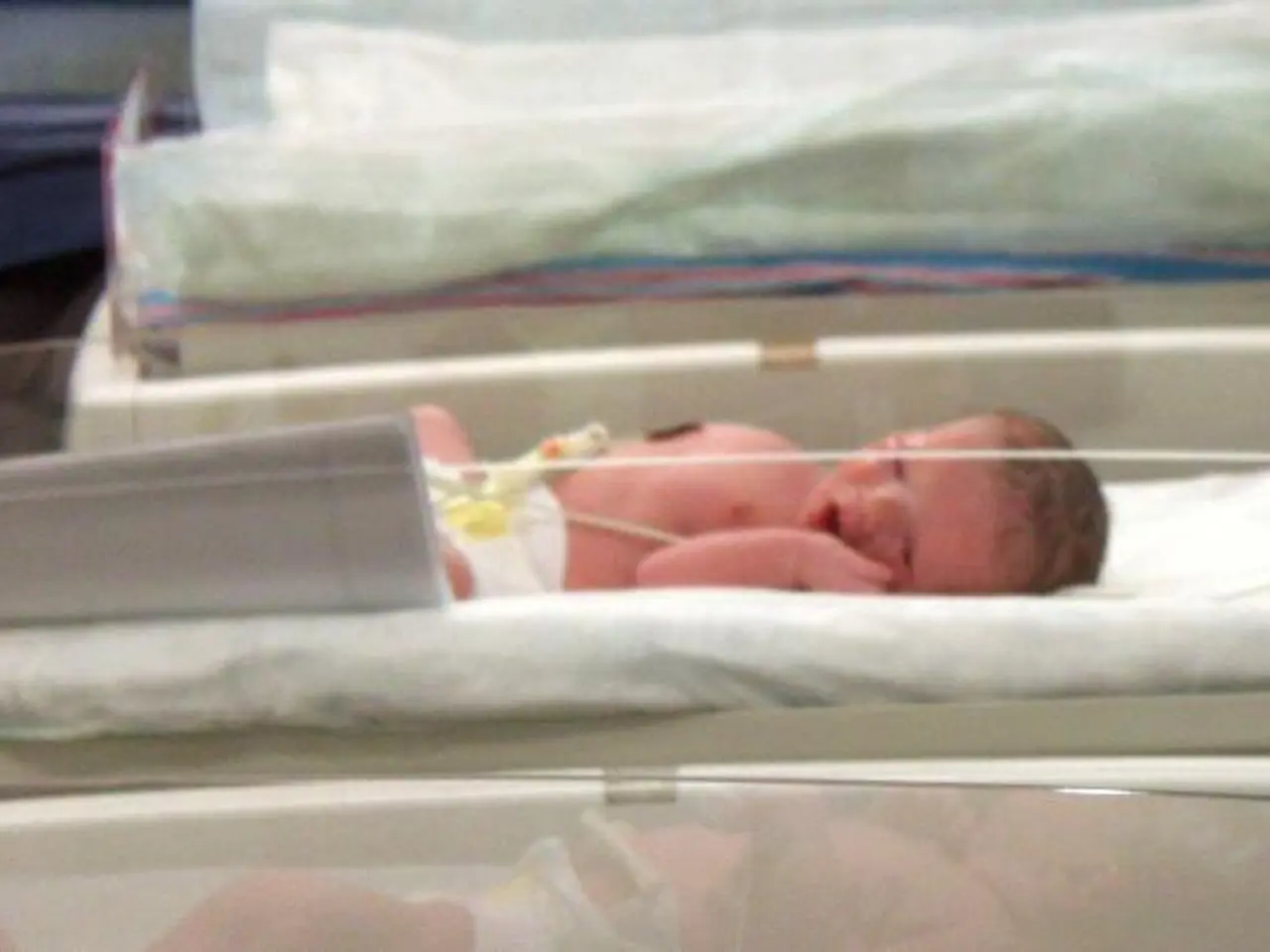Genetic factors potentially have the power to halt Sudden Infant Death Syndrome (SIDS)?
In Australia, approximately 130 babies tragically lose their lives each year due to Sudden Infant Death Syndrome (SIDS), despite successful education campaigns. This heartbreaking reality has prompted the University of South Australia to establish a state-of-the-art genetic biobank, a unique initiative aimed at understanding and preventing SIDS.
The biobank, supported by funding from River's Gift, an organisation established following the loss of a 4-month-old baby, River, to SIDS in 2011, will analyze DNA from SIDS babies to search for genetic causes of this unexplained tragedy. The biobank, which is the only one of its kind in the Southern hemisphere and one of only a few in the world, comprises DNA from 25 babies who have died from SIDS in South Australia.
Molecular biologist and Head of genetics at the Australian Centre for Precision Health, UniSA's Professor Leanne Dibbens, states that the biobank will provide unprecedented opportunities to examine genetic factors that have contributed to SIDS. The research aims to identify babies at risk of SIDS by testing them at birth, and to understand the mechanisms involved in causing death from SIDS.
The closely monitored babies will be monitored in their first year of life. The media contact for this research is Annabel Mansfield, who can be reached at +61 8 8302 0351, +61 417 717 504, or [email protected]. For case study and River's Gift contact, please reach out to Alex Hamilton at [email protected].
The University of South Australia's Professor Leanne Dibbens also notes that research into SIDS is not as active as it once was. This groundbreaking biobank represents a significant step forward in the fight against SIDS, with the ultimate goal of preventing these tragic deaths and ensuring every baby's life is precious and protected.
Philanthropist Karl Waddell has also shown his support for this important cause by funding the genetic biobank at the University of South Australia. Every baby's life is precious, and this research aims to protect all babies and families from the heartbreak of SIDS.
SIDS is the sudden, unexpected, and unexplained death of an apparently well baby. The research at the University of South Australia is a beacon of hope for families affected by this devastating syndrome, offering the potential for a future where SIDS is a thing of the past.
Read also:
- Peptide YY (PYY): Exploring its Role in Appetite Suppression, Intestinal Health, and Cognitive Links
- Toddler Health: Rotavirus Signs, Origins, and Potential Complications
- Digestive issues and heart discomfort: Root causes and associated health conditions
- House Infernos: Deadly Hazards Surpassing the Flames








